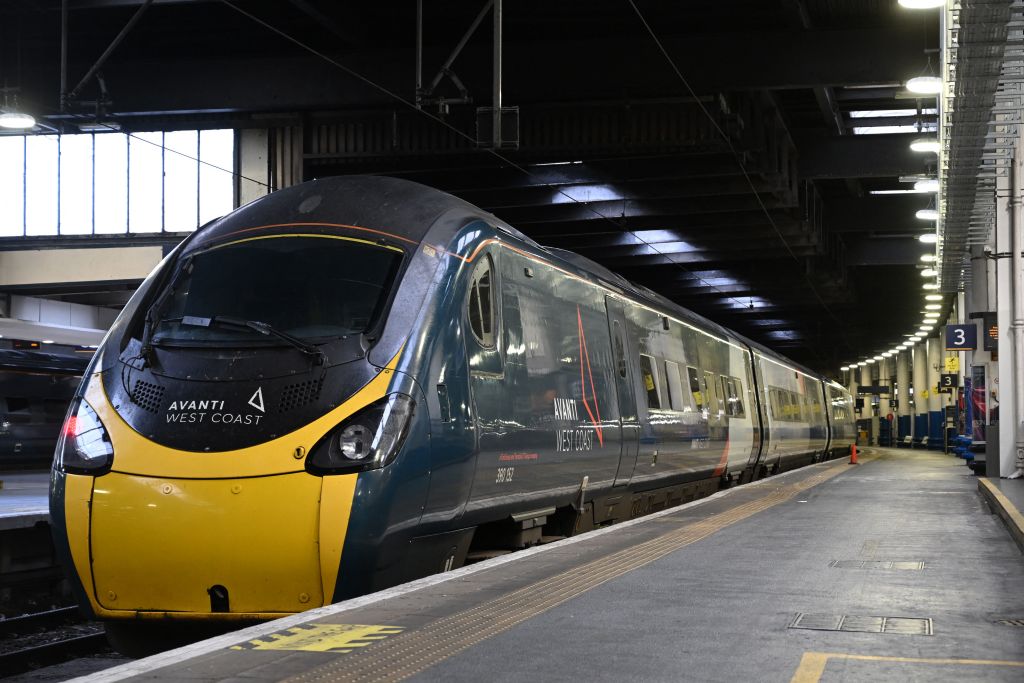This Christmas, Britain is facing what is not far short of a general strike. Rail workers, ambulance drivers, nurses, postal workers, and firefighters have already announced a strike wave or are balloting their members for authorisation to do so.
Rail traffic across the country will be paralysed. Families will be unable to easily get together for the festive season. Christmas gifts will go undelivered. In hospitals, an already overstretched NHS looks in danger of breaking down altogether. Seriously ill patients – already facing delays in getting to hospital – may now die before they can do so. Even if they do manage to get to a hospital, will there be enough nurses on hand to care for them?
The government is washing its hands of its responsibilities and pretending that the strikes cannot be stopped
By any standards, this is a serious national crisis, potentially adversely affecting almost everyone. So what is the response of our nominally ‘Conservative’ government? One minister, Nadhim Zahawi, has helpfully suggested the nurses are helping Vladimir Putin by walking out; another, Nick Gibb, pathetically describes the rail strikes as ‘very disappointing’.
‘Disappointing’. As a description of the feebleness of the administration Gibb serves, this word does very well. For where, as the nation grinds to a shuddering, shivering halt and prepares for the most miserable Christmas since the war, is any action remotely resembling the smack of firm government?
This is not any old dispute affecting one private company or industry, but a coordinated effort to put pressure on the government by hitting the public services on which we all rely. But in the face of this blatant challenge what does the government do? It says it is ‘disappointed’.
We have, of course, been here before. In the early 1970s, the National Union of Mineworkers twice challenged the Tory government of Edward Heath. The second time, in 1974, after turning off power and reducing the country to a three-day working week, Heath called – and lost – a general election on the theme of ‘who rules Britain?’
It was Heath’s rather more resolute successor Margaret Thatcher who, ten years later, crushed another blatantly political miners’ strike and with her victory freed the country from the tyranny of union barons – until now. Unless Rishi Sunak breaks his silence and takes effective Thatcher-like action he is in danger of sharing Heath’s fate.
To strike back against the strikers, Sunak should take inspiration from Ronald Reagan. In October 1981, the American skies were free of passenger aircraft. Patco – the union of aircraft traffic controllers – had gone on strike in violation of their agreement with their employers, the federal government. Ronald Reagan, confronting the first major crisis of his presidency, did not hesitate. He gave the controllers 48 hours to return to work – or be fired. They refused, and Reagan followed through on his threat.
The striking controllers – more than 11,000 of them – were duly sacked and for good measure banned from ever working as federal employees again. To take up the slack while new controllers were trained to do the job, management and military controllers were drafted in. The union collapsed, flights resumed, and the president’s popularity sky-rocketed.
Although the analogy with Reagan’s America is not exact as the UK government does not directly employ rail or health workers, it does have the responsibility to ensure people can move around freely and get treated if they are hospitalised. Why then does it not – like Reagan – declare a state of emergency and outlaw strike action in public services?
Instead the government is washing its hands of its responsibilities and pretending that the strikes are nothing to do with it and cannot be stopped. This will not do: the Tories still enjoy a healthy parliamentary majority. Firm action to face down the strikes would not only be right, but would show a truly ‘disappointed’ public that the government was on their side. It would also boost the dire levels of popularity of a regime which seems to be folding its arms as Britain slides further into chaos.






Comments